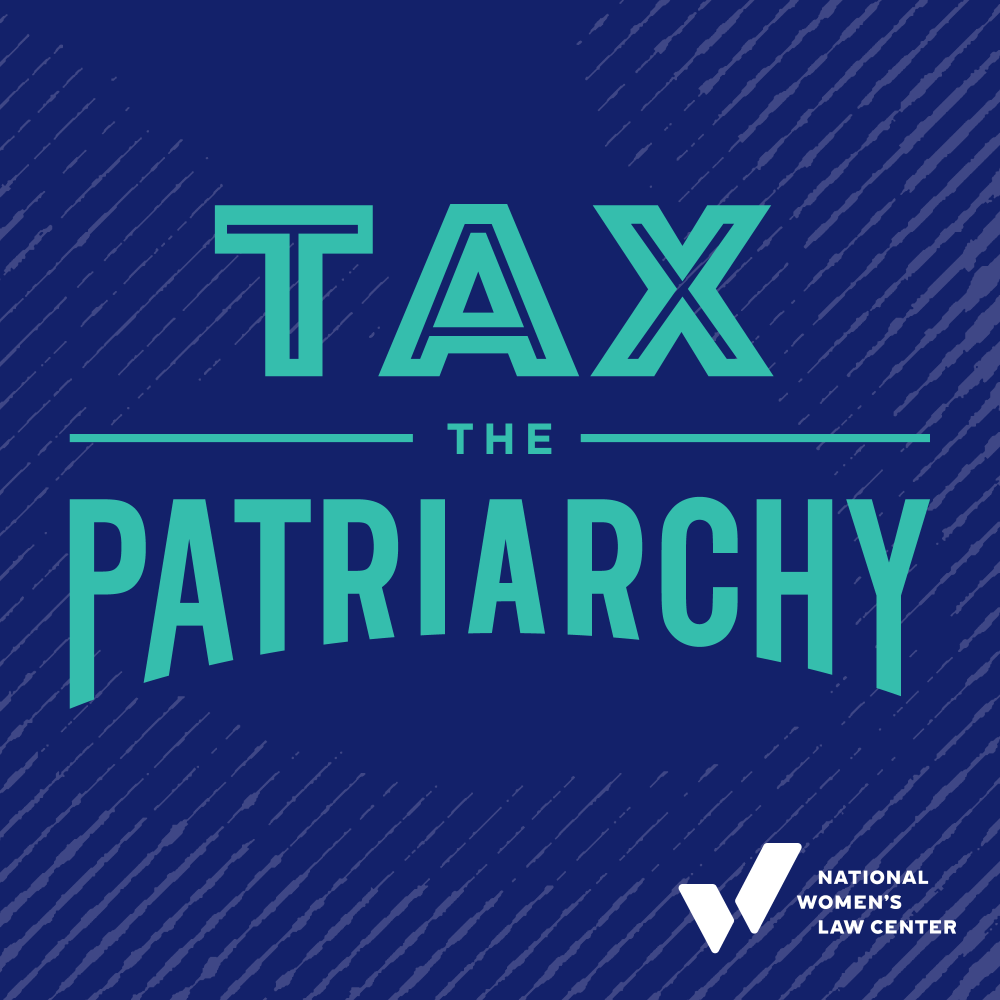Abortion rights, women of color, and LGBTQI+ people are under attack. Pledge to join us in fighting for gender justice.
It’s Past Time: Tipped Workers Need One Fair Wage


My sister and I grew up on the Texas border. She worked in cool restaurants all through high school and college, meeting new people and serving hip drinks. Back in 2001, she was making $2.13 an hour plus tips. She saw it as an easy way to make a quick buck in a short amount of time and be back home to her son or to study for her finals. But I saw the effects of growing up in the restaurant industry. I saw what that does to young women and their perception of what is valuable and acceptable.
The restaurant industry is one of the nation’s largest, employing millions of people across the country. It is also one of the lowest-paying: many restaurant jobs pay well under $15 an hour, even after taking tips into account. That is because employers are allowed to pay workers who receive tips as little as $2.13 an hour—and most of it goes back to taxes. As a result, many tipped workers can’t count on any income from a paycheck; they are living off our tips, shift-to-shift.
Today, almost 70% of tipped workers in the US are women and they suffer from over 2x the poverty rate of the rest of the US workforce.
And all too often, women who depend on tips for nearly all of their income must tolerate inappropriate behavior from customers and even colleagues to avoid putting those tips at risk. It’s hardly surprising that the largest share of sexual harassment complaints to the EEOC come from women working in restaurants and other establishments where tipped work is common, since reliance on tips exacerbates the imbalance of power that underlies harassment. For a woman working as a server, the manager has power over her take-home income because he can schedule her for good shifts or bad shifts. The host has power over the take-home income because he can sit a large party in her section, or not. The back of house can burn her food, delay her food, or give her dirty dishes—all determining how much money she brings home at the end of the day. And for many women like my sister, restaurant jobs are our first jobs. Getting paid next to nothing from your employer and putting up with the worst from your customers sets a horrible standard for what to expect in the workplace; even if you move on to another profession, and something happens to you, you might be reluctant to report it because it’s NEVER AS BAD as it was in the restaurant.
The abysmally low tipped minimum wage is central to a system that is harming women—but there are seven states that do it differently. California, Oregon, Washington, Nevada, Montana, Minnesota, and Alaska have One Fair Wage. They have required all employers to pay all their employees the full minimum wage for decades, regardless of tips. These seven states have higher restaurant sales per capita, higher job growth among restaurant workers and tipped workers, and the same or higher rates of tipping. Women tipped workers in these states report experiencing less sexual harassment at work. And, not surprisingly, they also are much less likely to experience poverty: a new analysis from the National Women’s Law Center shows that the poverty rate for women tipped workers in One Fair Wage states is 28 percent lower than the rate for their counterparts in states where the tipped minimum wage is stuck at the federal level of $2.13 an hour—and for women of color in tipped jobs, the rate is almost one-third lower. Higher wages for a workforce that is overwhelmingly women can also help to close the gender wage gap—and that gap is 31 percent smaller in One Fair Wage states than in $2.13 states.
One Fair Wage would have helped my sister get her nursing degree a lot sooner. It would have given her the confidence to push back against drunk patrons trying to get her phone number. One Fair Wage would have helped other single working moms like my sister spend more time with their kids and allow them to budget for their families. And it still can: the Raise the Wage Act pending in Congress would raise the federal minimum wage to $15 an hour by 2024, index it to keep up with wages overall after that, and gradually increase the tipped minimum wage so tipped workers across the country would finally be entitled to the same minimum wage as anyone else. The bill is expected to go to the House floor this summer and already has 205 cosponsors in the House.
As of this week, we have entered the longest stretch in history without a federal minimum wage increase since the wage was established in 1938. It has been nearly 10 years since the federal minimum wage went up and nearly 30 (!) since tipped workers got a raise at the federal level. That is largely due to the money, power, and influence of the National Restaurant Association (the Other NRA). The Other NRA is one of the largest trade lobbying groups in Congress and has historically worked against legislation that would benefit working people and consumers.
Almost 18 years after my sister left her last restaurant job in Texas, young women there are still making $2.13 an hour. We need a $15 minimum wage for every person who works — regardless of their occupation. It’s past time for One Fair Wage.






